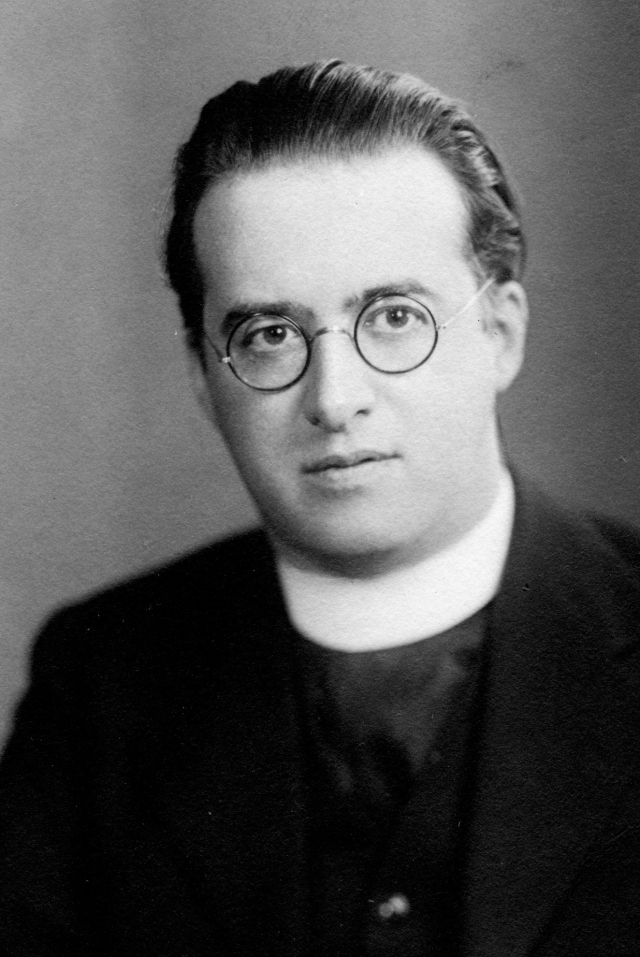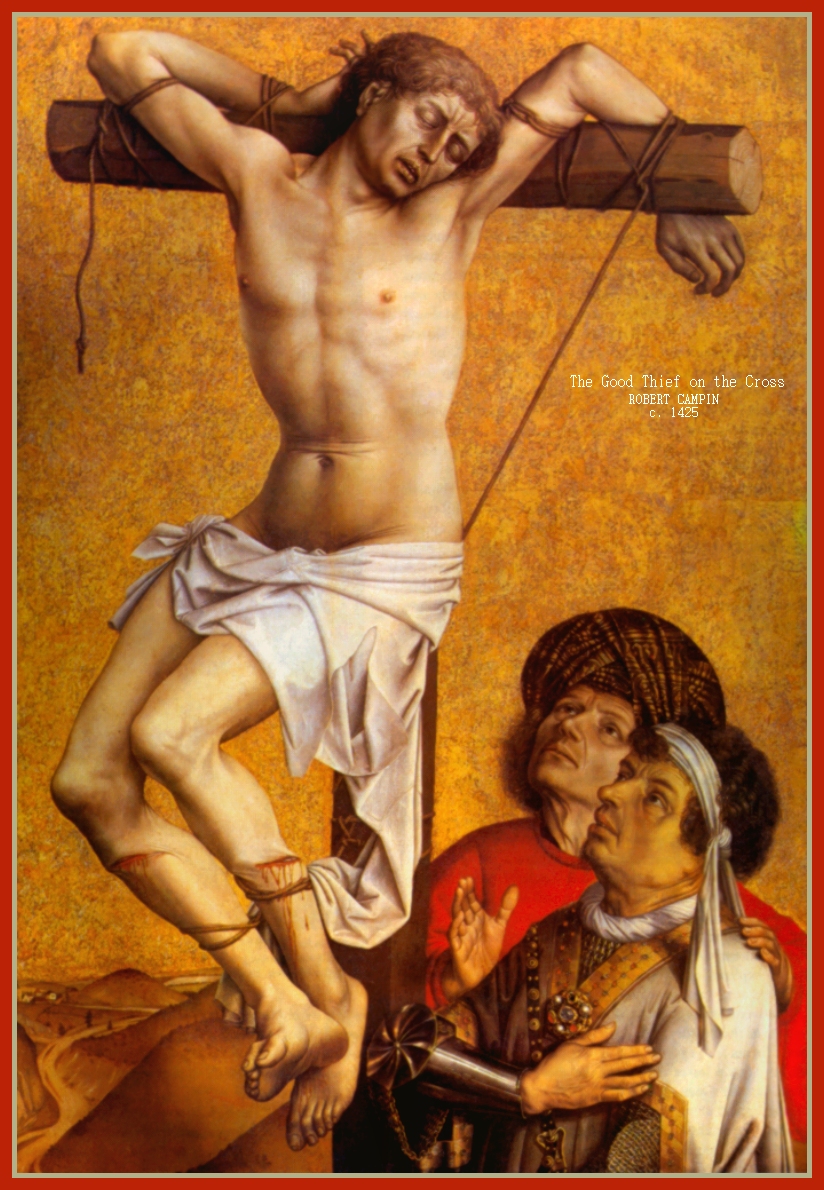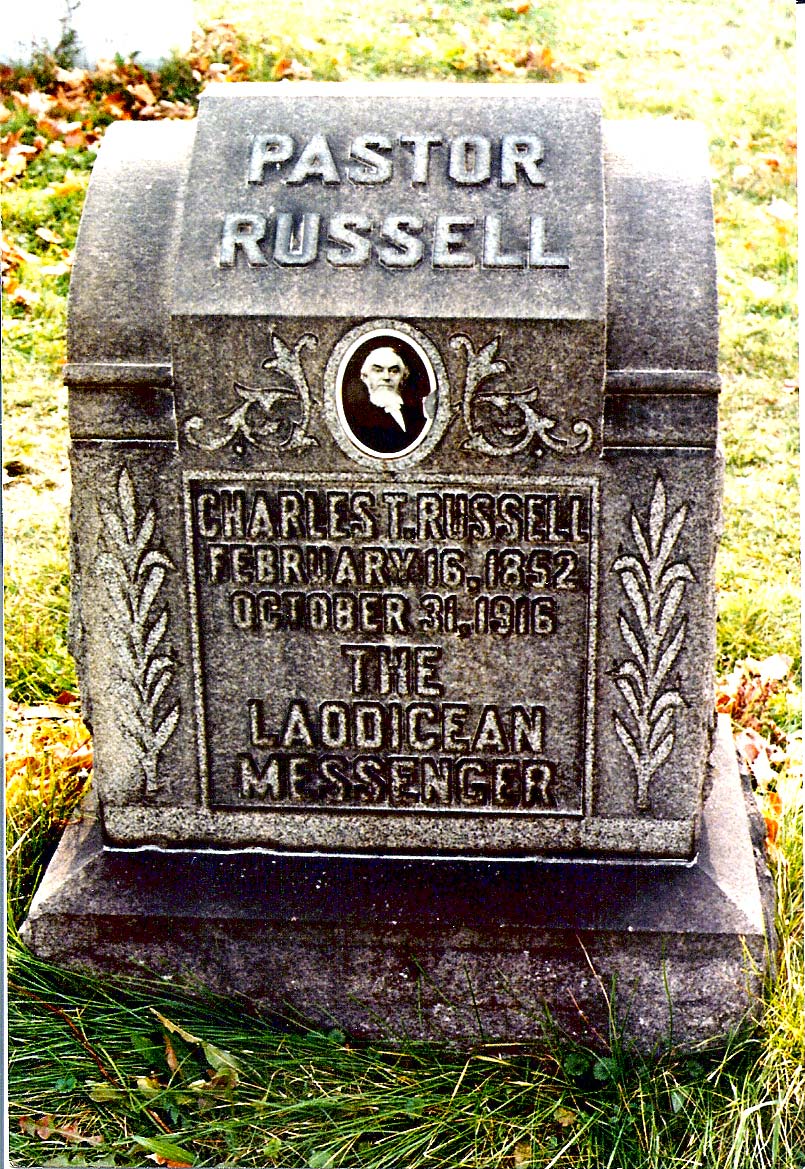But the celebration of the church new year is always preceded with what the book of common prayer calls "the Sunday next before Advent." You could also call it the last Sunday in the church year, but that lacks the same gravitas as the method mentioned above. Gravitas is important for this conversation, because unlike other celebrations of new years, the church year is preceded by a discussion not of the end of the church year, but a discussion of the end of everything.
The church seasons are cyclical, to be sure. Advent moves into Christmas which moves into Epiphany, and the calendar continues from there. And every time we get to the end of the church year, the new church year begins, just like clockwork. But there is a significant difference, because this is not a cycle in perpetuity. This is a cycle that has written into it the idea that one day this cycle will end. That is, what we think of as a permanent cycle of back and forth, in and out, day into day, is concluding, wrapping up eventually. We are on a cycle now, of seasons and successive ages, but that isn't eternal. Before we talk about the coming of the king of kings as a baby in a manger, we end up talking about his return. And that ends everything.
To understand this further, you have to understand that the universe that we live in had a definite beginning, and will surely have a definite end as well. This is a topic that has not always been too terribly well considered by the secular world, who have resisted it for some time. Sure, now we know about the Big Bang Theory, but there was a time in which that kind of theory was resisted, sometimes heavily, by the scientific world. The scientists of the time (not universally, but certainly including some well known ones) pushed back against the idea of the Big Bang, precisely because it suggested creation. It suggested that everything we see around us can be tied back to a single, creation moment, before which nothing could be known. This was known not as the Big Bang theory at its inception, but as "The hypothesis of the primeval atom." And this theory, before it was taken seriously by Hubble, Einstein, or anyone else was discovered by this guy:
Does his shirt look familiar to you? It should, if you're reading this blog. That's Georges Lemaitre, a Belgian priest, soldier, and physicist who worked in the Vatican observatory. And it was his calculations that drew the entire universe back to creation. At the time, the scientific community believed that the universe simply had always existed, would always exist, and that there was no creation moment required. Once Lemaitre had proposed his hypothesis, all that changed, and the world had to deal with the fact that the math checked out, and that there was nothing, then there was a lot of something.
I mention this because that's what the last Sunday of the church year reminds us of; not only that God made everything, which he did, but that the forms of this world are passing away. This universe won't always be here. It, by itself, is not eternal, it does not endure forever and ever, and both science and faith agree on that point. Where they disagree, however, is what they have to say about the beginning and the end.
In the faith, we believe that the universe began when God made the heavens and the earth, way back in the book of Genesis. We believe also that the universe will have an end, and we think about it and ponder it every time the church year draws to a close. Sure, the seasons, the years, it's all cyclical for now, but it's not an eternal cycle. Eventually, Christ returns, and the cycle ceases. When the director stands on stage to thank the cast and crew, the play is over, and cannot begin again. That world is gone, and a new one begins. As Christians, we believe in what the Bible says, that there will be a new heaven, and a new earth, for the flawed, broken ones will pass away and be gone. And that means that the world that is running out of gas, where it will run out of heat, run out of time, will all be gone eventually, though nobody knows when. But you're not basing your hope on the temporal universe that you see around you. You're basing it on the fact that there is a force, a God who made the universe, who existed before it, and who will exist after it is gone. Everything else becomes ultimately meaningless, because as much fun as you're having now, on a long enough timeline , everyone's life expectancy drops to zero.
The thief on the cross next to Jesus of Nazareth got that time was running out. He wasn't talking about a long timeline, he was talking about a very limited one indeed. A couple of hours, maybe, then it's lights out. When he reached out to Jesus, he did so as someone understanding maybe not that the universe was ending, but that his time in it was. And his plea to Jesus was to say 'Jesus, remember me when you come into your kingdom.' Your kingdom which is not of this world, which is not tied to the world that we have that is falling apart, grinding down, and wearing out. Your kingdom which is outside of time and space and which is the only hope I have left. For a modern, enlightened, scientific people who have the ability to look forward in time, to contemplate not only our own mortality, but to contemplate the eventual heat death of the universe, we have to figure out which kingdom we want to be a part of. The kingdom of this world which is rapidly drawing to a close, or the kingdom that is not of this world, that exists outside it and is not subject to its rules. The last Sunday in the church year gives us time to contemplate that, the presence of the cycle, and the fact that when the cycle draws to a close, it is He who makes the world who will still be around once it is gone. He remembered that thief, and the promise that he made to the thief is the same as he makes to us - that we will be with him in Paradise.



